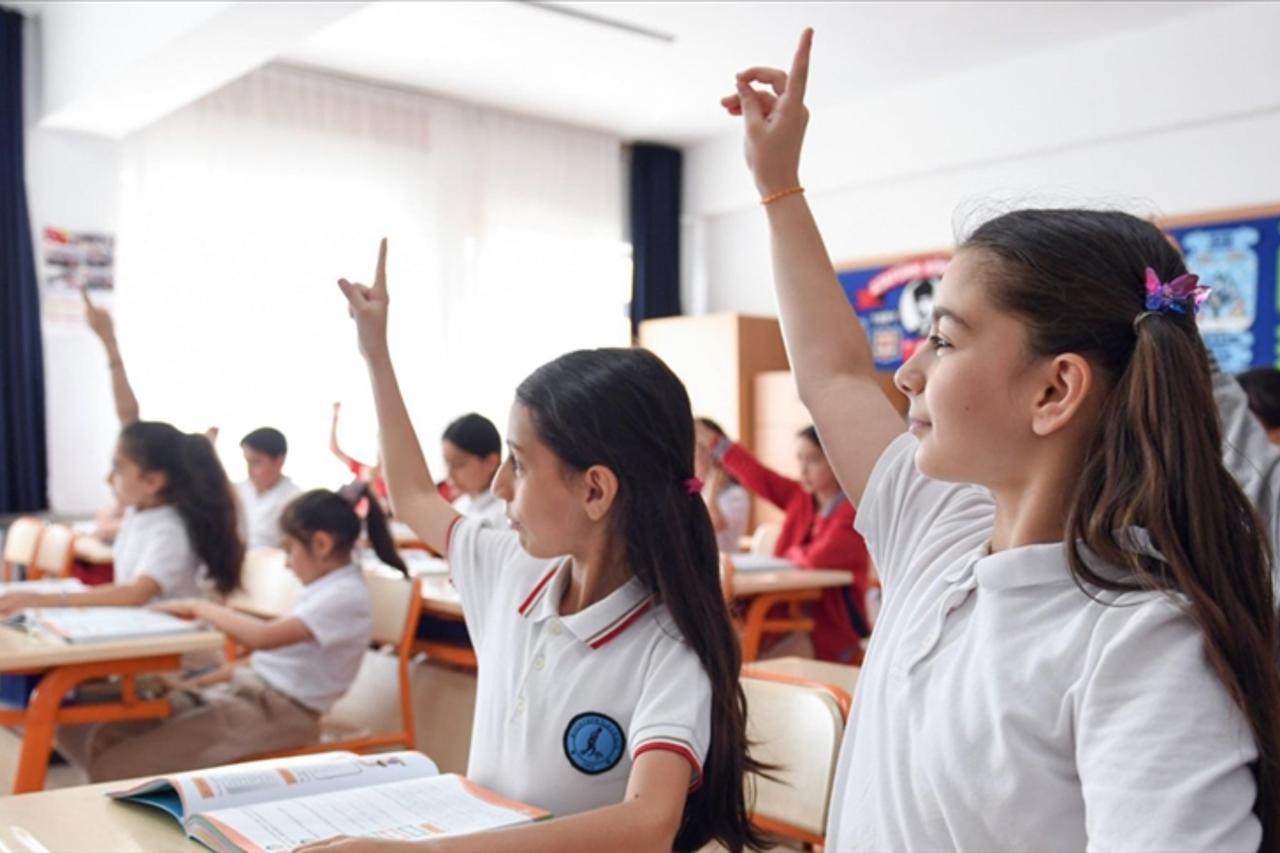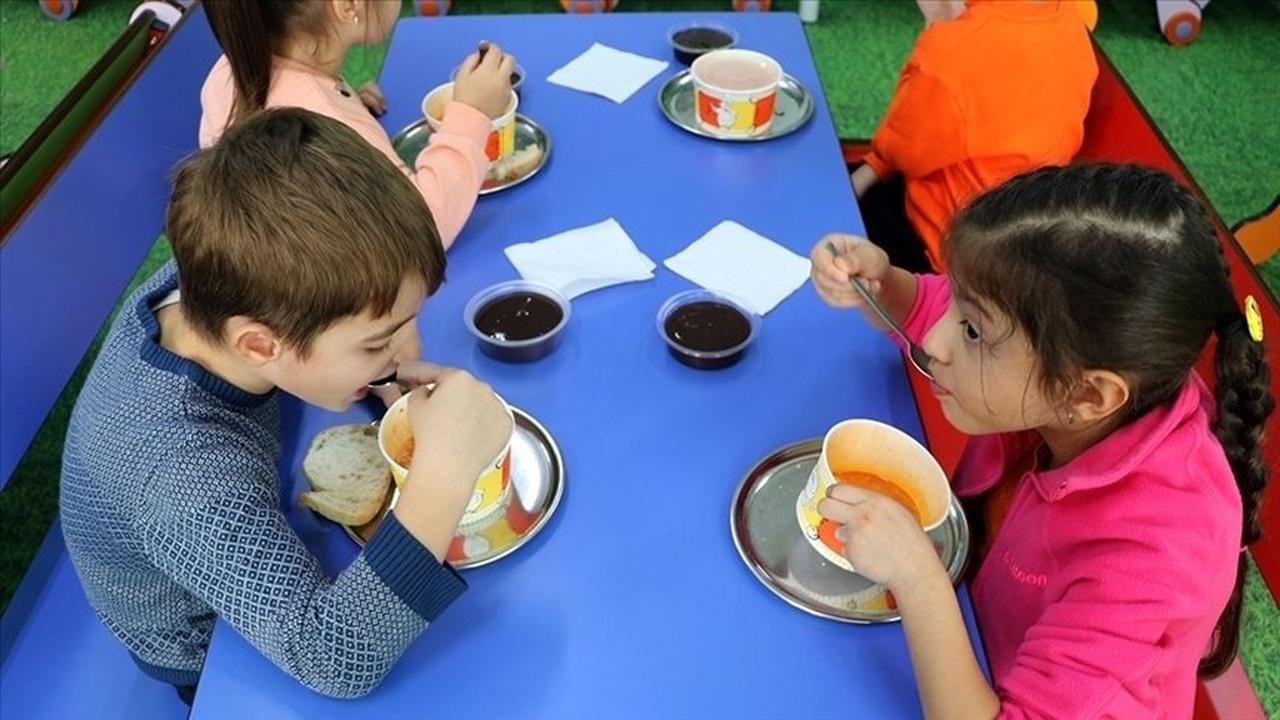
Türkiye’s Education Minister Yusuf Tekin said the government is preparing to revise the 12-year compulsory education system.
He noted that public opinion now favors shortening the duration.
Speaking on Anadolu Agency’s Editor’s Desk program on Friday, Tekin stated, “A strong public view has formed that it would be right to shorten 12-year compulsory education. We are planning such a revision.”
He added that the cabinet will make the final decision and announce it publicly.
The current 12-year model, known as the 4+4+4 system, was introduced in 2012. It replaced the previous eight-year uninterrupted model. Tekin argued that the older system was antidemocratic.
“Eight years of uninterrupted education is antidemocratic,” he said. “It prevented families from sending their children to vocational or religious schools.”

Reports in the Turkish press suggest the Education Ministry has studied three possible options.
One proposal reduces high school to three years and turns the fourth year into a university preparation program.
Another grants students a diploma after the first two years of high school, with the option to continue for two more years. A third model allows students to leave school once they turn 16, or removes the requirement for high school entirely.
Tekin did not confirm which option will be chosen. He said the government must decide and then share the outcome with the public.

As schools reopen on Sept. 8, Tekin also spoke about uniforms.
He said free dress rules caused “pedagogical problems” and “discrimination among students.” The ministry decided to return to uniforms.
Schools will now describe clothing by type and color without naming brands or shops. Parents may buy uniforms from any source. Students can continue with the same set of uniforms for four years.
The minister also responded to complaints about compulsory donations. “There is no such thing as a compulsory donation. Nobody can say ‘they asked me for money for registration,’” he said.
Tekin explained that the ministry already assigns every student to a school, so no one should pay fees to enroll. He added that school-parent associations may ask for voluntary contributions for extra services, but they cannot force parents to pay.
On school transport, Tekin urged parents to make payments through official channels. “When cash payments are made, it is impossible to track them. We want parents to make these payments officially so that if any grievance occurs, we can intervene,” he said.
He noted that large price increases for bus services often come from municipalities, not the ministry.

The 2025–2026 academic year starts nationwide on Sept. 8. In Istanbul, schools will open at 10 a.m. to ease traffic congestion. Tekin said this decision aims to reduce gridlock in the city.
Türkiye has more than 18 million students in formal education. The ministry’s data shows over 15 million are in public schools, 1.6 million in private schools, and 1.2 million in open education programs.
Tekin emphasized that the ministry will continue to monitor reforms and respond to concerns from families and teachers throughout the year.